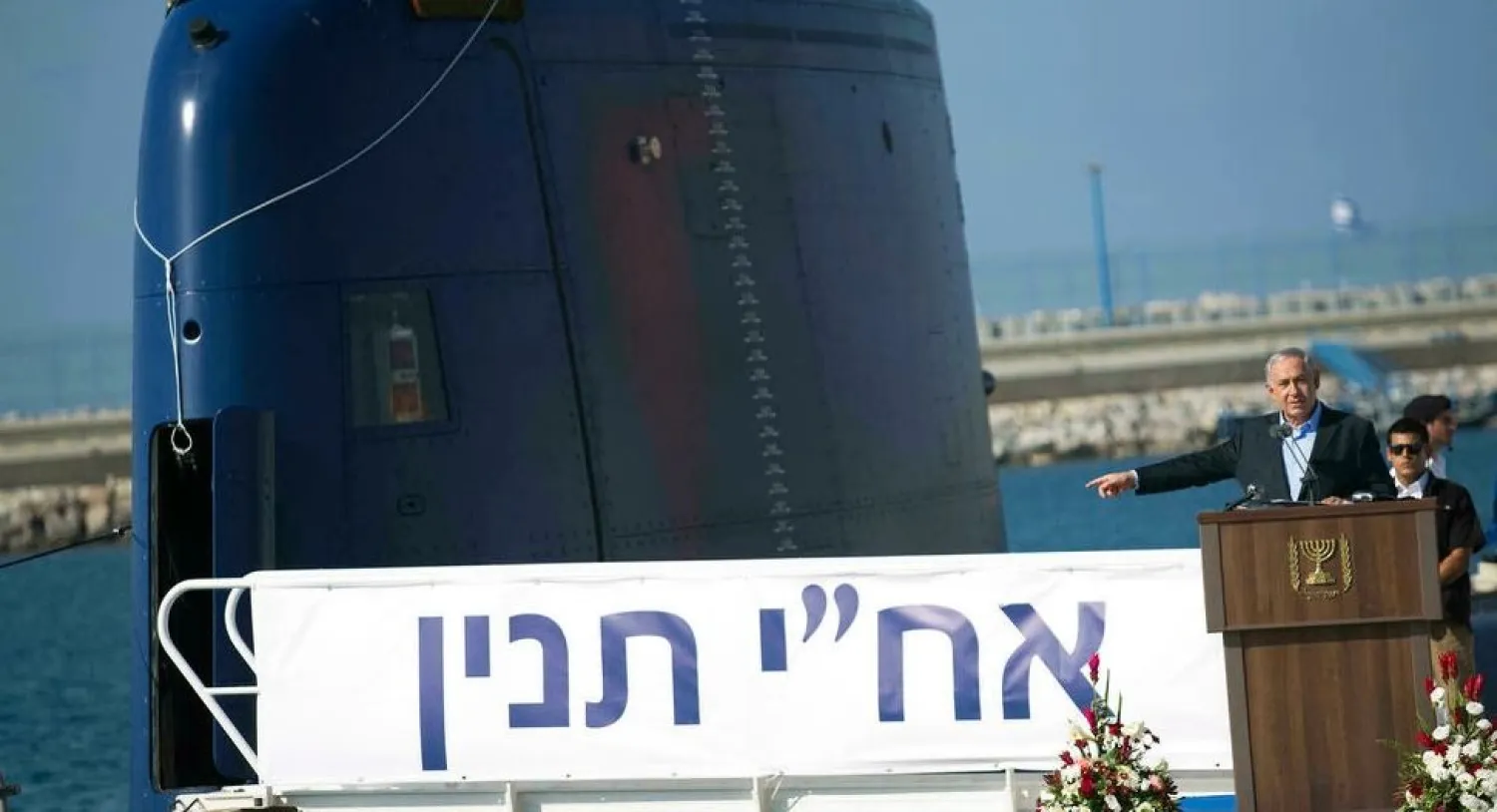Israel announced Thursday a deal with Germany to develop and purchase three submarines from German industrial giant Thyssenkrupp for three billion euros ($3.4 billion).
"The new submarines will upgrade the capabilities of the Israeli navy, and will contribute to Israel's security superiority in the region," Defense Minister Benny Gantz said in a statement.
According to analysts, negotiations between Israel and Germany on the deal were delayed and complicated by a suspected corruption affair involving Israel's last purchase of German submarines.
The deal new includes the purchase of three "Dakar" submarines, the first of which will be delivered to the Israeli navy within nine years.
It also includes the creation of a training simulator in Israel, and the supply of spare parts.
The defense ministry said the German government will fund part of the deal through a special grant, in line with an accord signed by the two countries in 2017.
In addition, a €850-million agreement was signed with the German economics and technology ministry to invest in Israeli industries, including defense companies.
The deal was signed Thursday "at the end of a several-year planning and negotiation process", the ministry said.
An alleged massive bribing scheme in Israel's 2012 deal to buy Thyssenkrupp submarines has implicated several high-ranking military officials and close associates of former prime minister Benjamin Netanyahu.
Last year, Netanyahu's former chief-of-staff as well as several other senior officials were indicted in the case.









